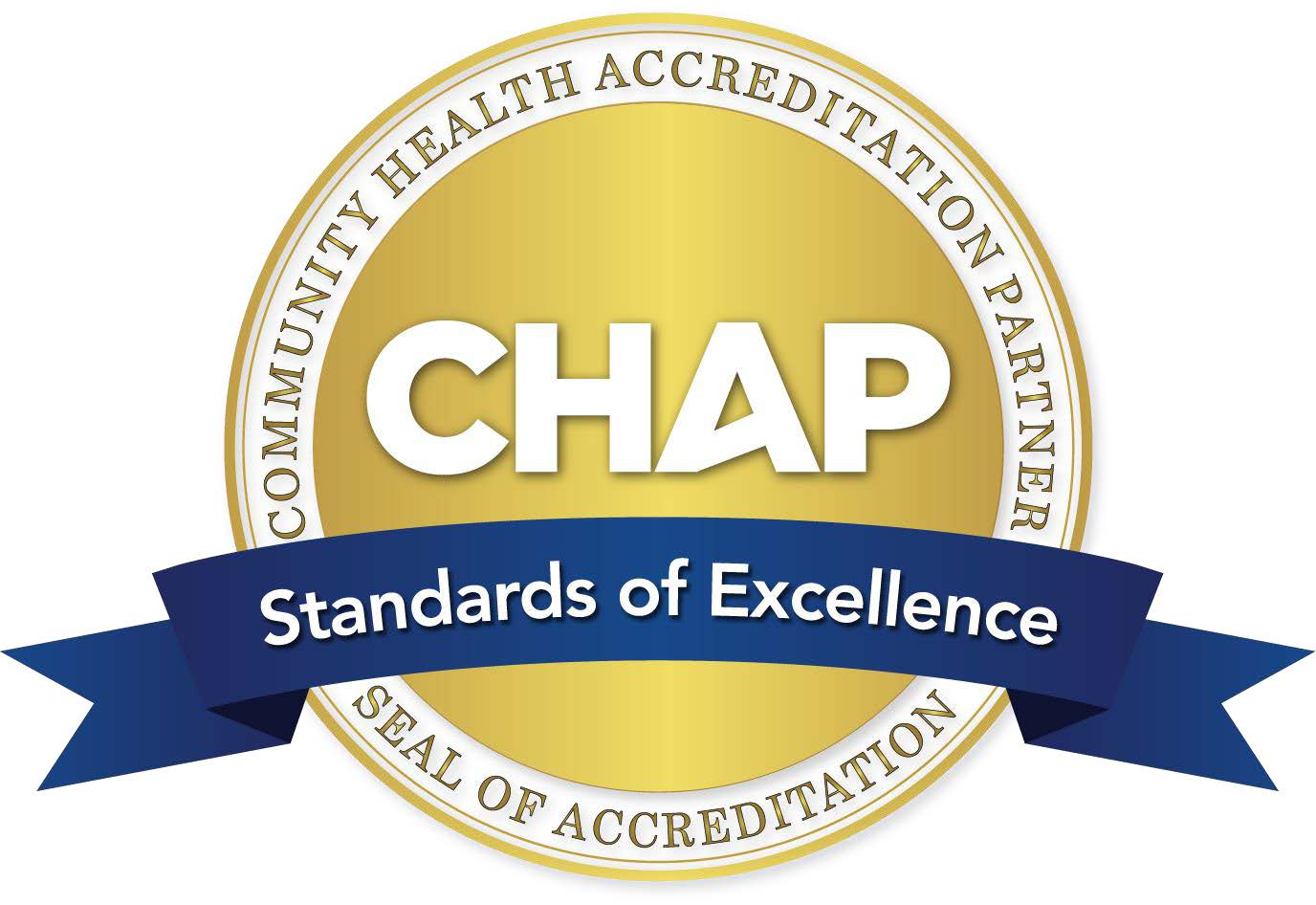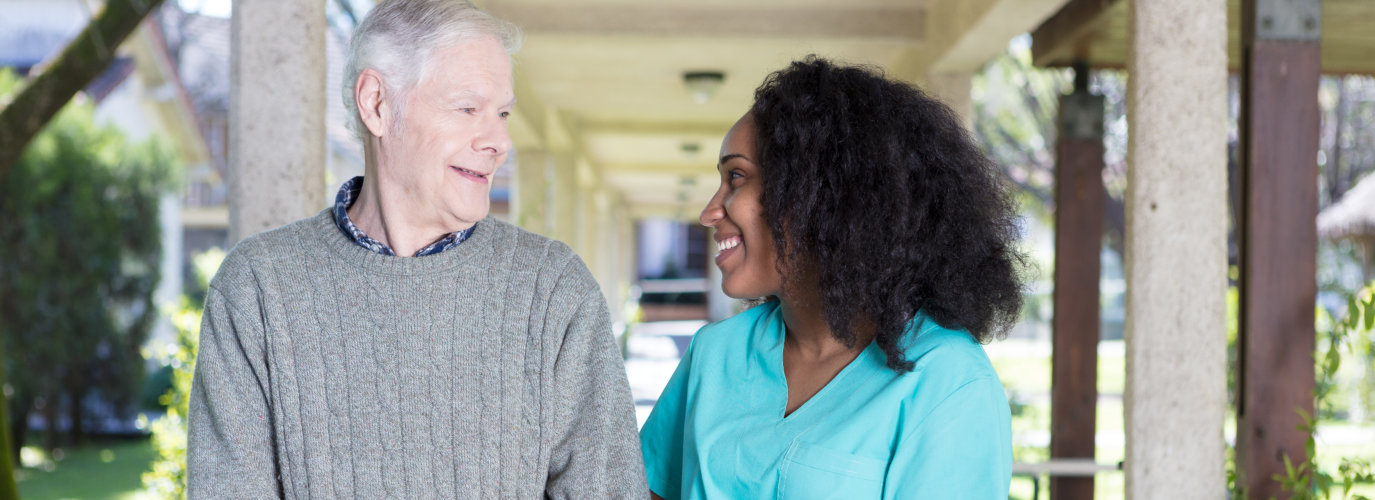Covered And Non-covered Services
Three services are provided within Housing Stabilization Services.

Housing Consultation
Housing Consultation is a service to develop a person-centered plan for people without MA case management services

Housing Transition
Housing Transition is a service that supports a person to find housing.

Housing Sustaining
Housing Sustaining is a service that supports a person to maintain housing.
Eligible Members
A member is eligible for housing stabilization services if they meet all of the following needs-based criteria:
- Be on Medical Assistance (MA)
- Be 18 years old or older
Have a documented disability or disabling condition, defined as one of the following:
- A person who is aged, blind or has a disability as described under Title II of the Social Security Act.
- A person with an injury or illness that is expected to cause extended or long-term incapacitation.
- A person with a developmental disability (or related condition) or mental illness.
- A person with a mental health condition, substance use disorder or physical injury that required a residential level of care and who is now in the process of transitioning to the community.
- A person who is determined to have a learning disability according to policy adopted by Department of Human Services (DHS); or
- A person with a substance use disorder and is enrolled in a treatment program or is on a waiting list for a treatment program.
Have a documented disability or disabling condition, defined as one of the following:
- Communication
- Mobility
- Decision-making; or
- Managing challenging behaviors
Be experiencing housing instability, evidenced by one of the following risk factors:
- Homeless. An individual or family is considered homeless when they lack a fixed, adequate nighttime residence; or
- Currently transitioning, or has recently transitioned, from an institution or licensed or registered setting (registered housing with services facility, board and lodge, boarding care, adult foster care or community residential setting, hospital, Intermediate Care Facility for persons with Developmental Disabilities (ICF-DD), intensive residential treatment services, the Minnesota Security Hospital, nursing facility, regional treatment center); or
At risk of homelessness. An individual or family is at risk of homelessness when
- the individual or family is faced with a situation or set of circumstances likely to cause the household to become homeless, including but not limited to: doubled-up living arrangements where the individual’s name is not on a lease, living in a condemned building without a place to move, having arrears in rent or utility payments, receiving an eviction notice without a place to move or living in temporary or transitional housing that carries time limits; or
- the person, previously homeless, will be discharged from a correctional, medical, mental health or substance use disorder treatment center and lacks sufficient resources to pay for housing, and does not have a permanent place to live; would be at risk of homelessness if housing services were removed.
At risk of institutionalization – meets an institutional level of care/eligible for the following waivers:
- Brain Injury (BI)
- Community Access for Disability Inclusion (CADI)
- Community Alternative Care (CAC)
- Developmental Disability (DD)
- Elderly Waiver (EW)
Impact to other services
Housing Stabilization Services might impact other services a person may be receiving. See the Housing Stabilization Services policy manual webpage for more information on impact to other services.





